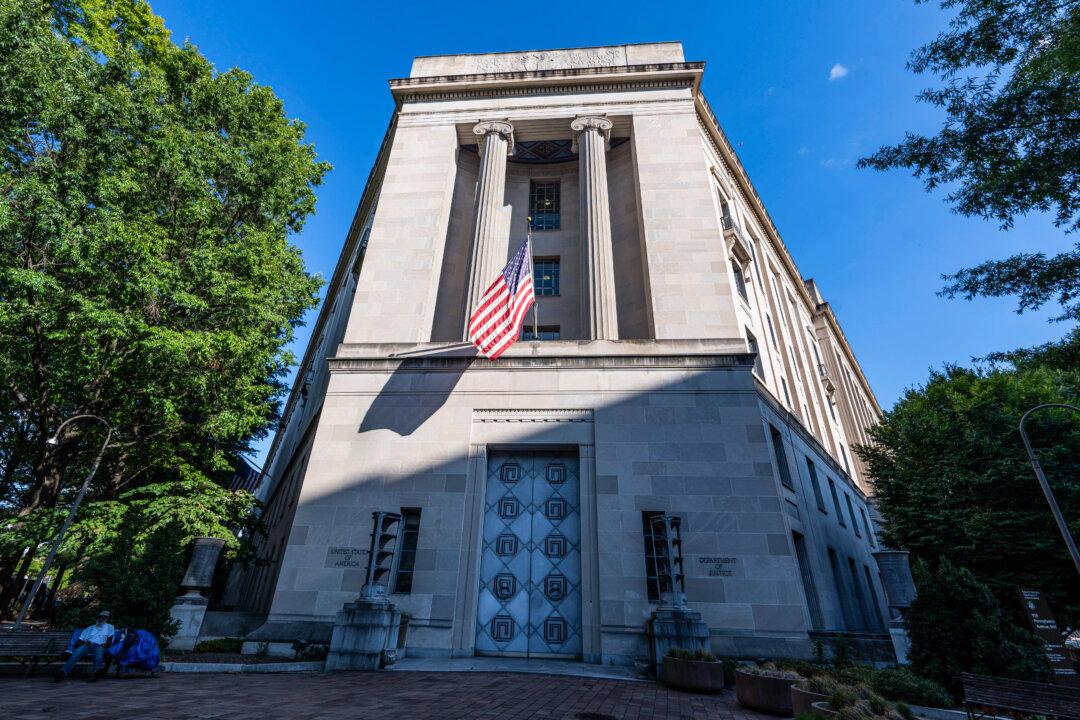Klaus Pflugbeil, a Canadian man currently residing in China, was sentenced on Dec. 16 to 24 months in prison for selling trade secrets stolen from an American company.
Pflugbeil was charged in March and pleaded guilty in a New York federal court in June.





